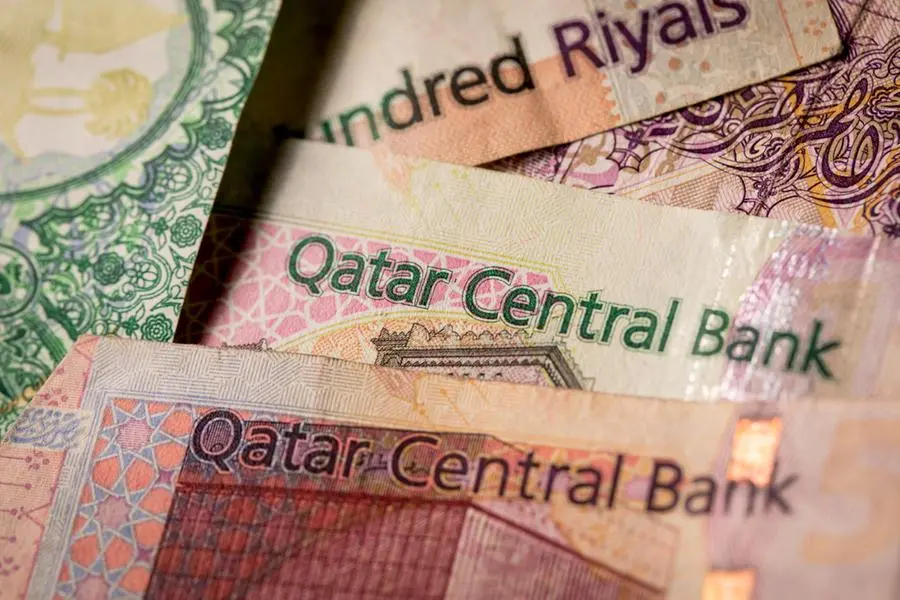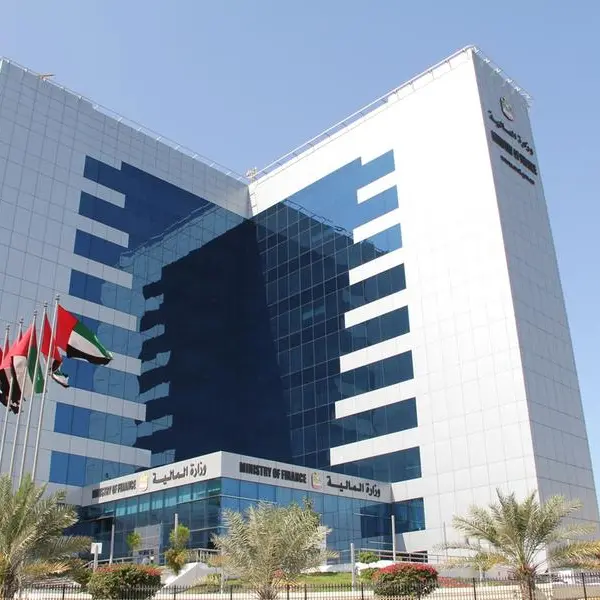PHOTO
Qatar's budget surplus is seen at 9.6% of GDP this year based on 2023 revised forecast for Brent crude at $87 a barrel, researcher Oxford Economics said in its latest forecast.
The country's budget based on an oil price $65, projects a surplus equivalent to 3.4% of GDP, Oxford Economics noted in its latest country report.
According to Oxford Economics, Qatar's government ran a surplus of QR89bn (10.3% of GDP) in 2022.
Annual inflation slowed to 4% in March, from 4.4% in February after prices rose 0.3% month-on-month (m-o-m). Food and transportation prices eased on a sequential basis, underpinning the slowdown in the annual print, but recreation and culture as well as housing and utilities categories rose.
The trends are consistent with Oxford Economics CPI forecast of 2.3% this year, and the researcher expects a further decline below 2% in the medium term.
The Qatari economy will slow to about 2.6% this year and in 2024, down 0.1ppt from last month, following stronger-than-expected 2022 growth, according to Oxford Economics.
Survey data point to resilient demand and strong expectations, which Oxford Economics believes will support economic activity. Consequently, Oxford Economics has left its non-oil sector growth estimates broadly unchanged at 3.2% this year and next.
The latest GDP statistics show the economy grew by 4.8% year-on-year (y-o-y) in 2022, above its 4.1% estimate, following a jump of 8% in the fourth quarter (Q4).
Energy GDP rose a surprising 4.8% y-o-y in Q4, the strongest pace since first quarter (Q1) 2012.
The non-energy sector more than doubled that pace, growing 9.9% y-o-y during the quarter, as the World Cup fuelled activity in accommodation, transport, and trade industries. This brought non-oil growth for the year to 6.8%, higher than the researcher’s 6.3% projection.
Balance of payments data for Q4, 2022 confirmed a surge in services exports at the end of last year and resilient goods trade.
As a result, the 2022 current account surplus hit a record $63.1bn (26.6% of GDP). Meanwhile, the period of divestment from Qatar appears over following the best quarterly FDI inflow since 2012.
“We expect these positive trends to continue this year and next, though lower commodity prices imply both the external and fiscal surpluses will narrow,” Oxford Economics noted.
The non-energy sector expanded by 6.8% in 2022, exceeding Oxford Economics’ 6.3% projection and marking the fastest pace since 2015.
But growth will slow to 3.2% this year as momentum eases after the World Cup, maintaining a similar pace in 2024-25.
Tourism will be among the sectors that will support non-oil recovery this year, thanks to major events, including the Asian Football Cup and Formula 1 Qatar Grand Prix, and in the medium term.
Qatar attracted 2.56mn tourists in 2022, and data for January and February show foreign arrivals were about three and four times higher than in the respective months last year, Oxford Economics noted.
© Gulf Times Newspaper 2022 Provided by SyndiGate Media Inc. (Syndigate.info).





















